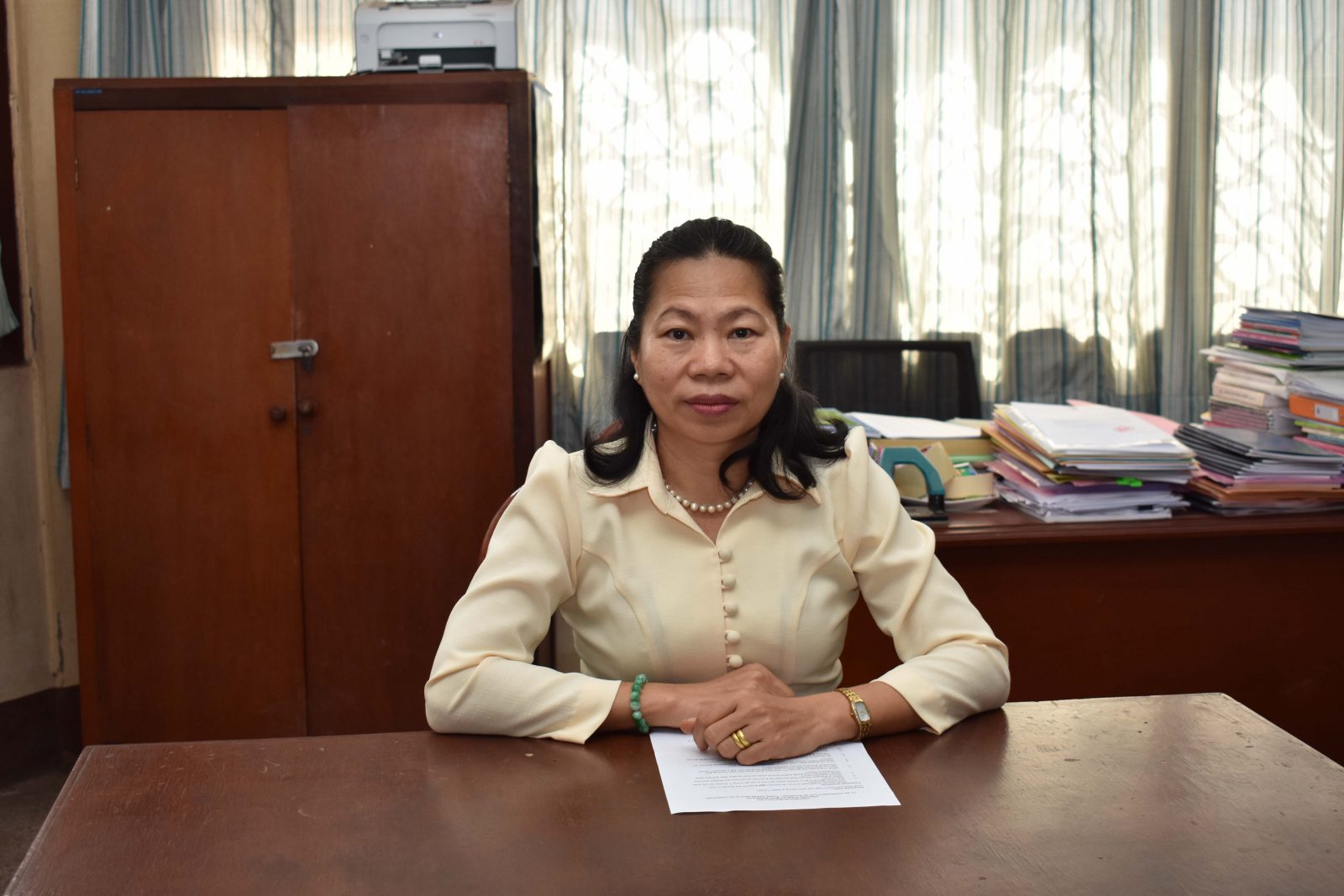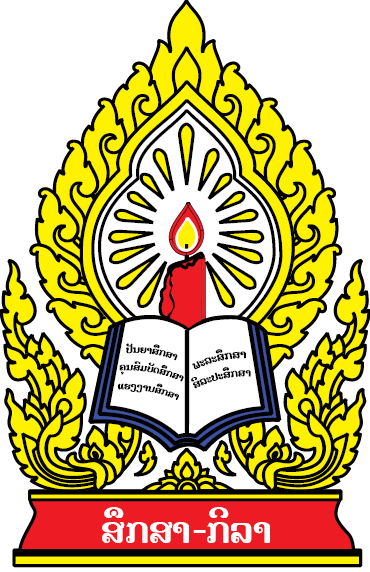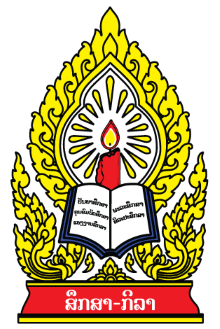
Many young Lao girls do not attend school due to their family’s financial status, and distance from school. Moreover, culturally, some families believe girls should stay at home to do housework and raise their younger siblings. Some parents do not understand the importance of education
However, the situation is changing. The Lao Government is prioritising education with a focus on giving all students, without discrimination on race, age, gender, and religion access to complete primary school. The Government aims to encourage more primary school girl students to continue to secondary level and be ready to contribute to social-economic development and the future of the country. Indeed, girls’ education has also proven to be a remarkably effective catalyst for social development and economic growth in developing countries. So, through access to education, it is in some sense not only the individual girl who is empowered – it is the broader society.
Mrs Sengngeune Wayakone, Deputy Director of Social Science Centre, Research Institute for Educational Sciences (RIES) emphasizes that “Education not only eradicates women’s illiteracy, education empowers women by helping them achieve other basic human rights – a spiral of power in their lives, grounded in education. Education enables women to be leaders for their family and role models for their girls. Educated women will have the same competencies and skills just like their male counterparts; they will be equally able to work in any field, with the government, with any organisation or private companies, as men are. We can see highly capable women in leadership positions in any area of work. For example, the President of the National Assembly of Lao PDR is a woman, and our Minister of Education and Sports is also a woman”.
She notices a growing understanding of gender issues in Laos. “In the education sector, management, teachers and students are being trained to have a deeper comprehension of gender parity and how education, teaching materials and resources could support women’s empowerment and role in society.”
Mrs Sengngeune, along with her curriculum, and teaching-learning material development team from RIES, in which two thirds are female, are participating in the revision of the primary curriculum supported by BEQUAL. Challenging gender stereotypes has resulted in improved representations of women and gender roles in teaching and learning materials. “We added more girl characters in the textbooks; for example, pictures and stories of girls going to school or working as teachers. The purpose is to change perceptions on women and education. We want to send the message that education for girls is important, and girls can play equal roles to boys in the society”.
To celebrate International Women’s Day, Mrs Sengngeune concluded, “In my perspective, education will certainly play a role in changing gender perceptions and will increase gender awareness for the youths.”





 ພາສາລາວ
ພາສາລາວ